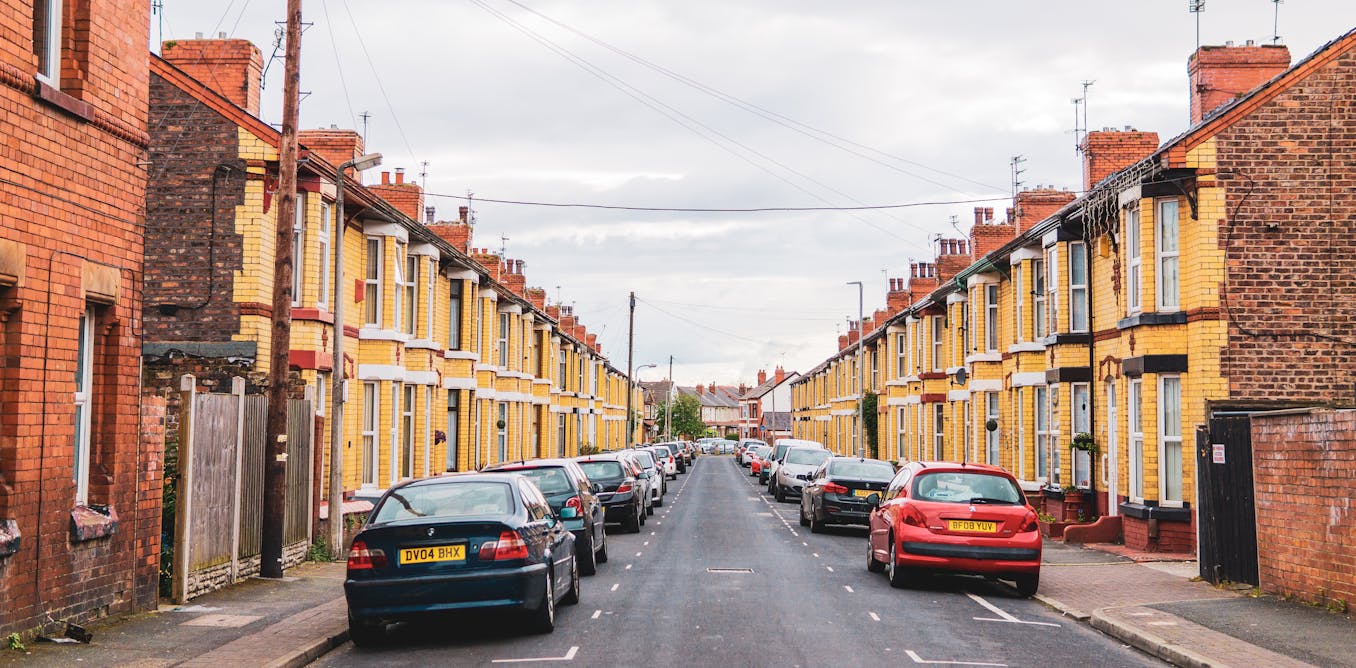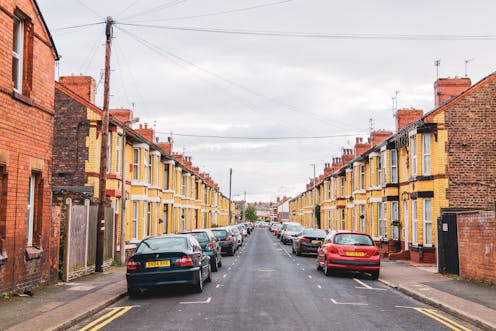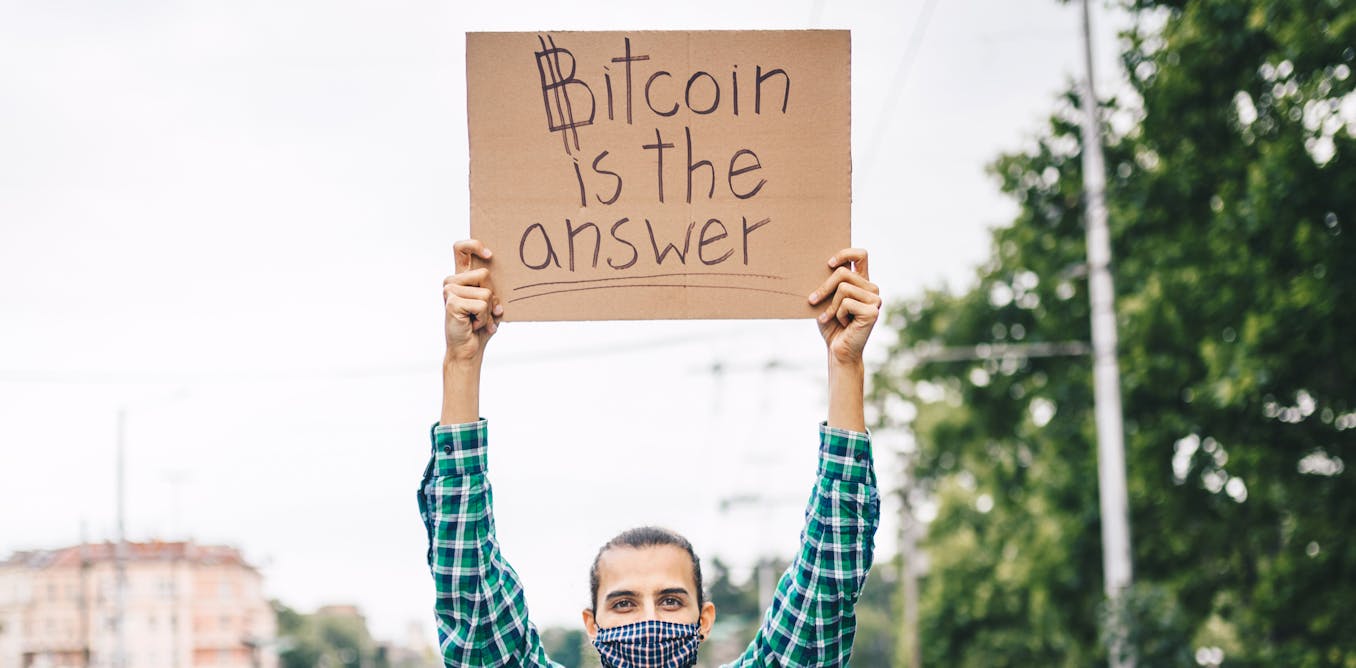How poorer citizens pay the price of economic change in the UK
Britain’s economic system is built on inequality. Few governments have attempted to rectify this.


Despite the early claims of British prime minister Boris Johnson’s much vaunted plan to cap personal adult social care costs, his government’s new plan – designed to save the Treasury £900 million year – will see only those people with more expensive homes gain. The poorer pensioner still risks losing their home.
In response to this plan, Welsh economist Andrew Dilnot, who first came up with the idea of a cap on social care costs, has expressed dissapointment at the changes. Unlike those with higher asset levels, he explained, “the less well-off will not gain any benefit from the cap”. Critics have also pointed out that it clashes with the government’s aim of levelling up the north-south wealth divide in England.
There is nothing especially new about those on low incomes bearing the heaviest cost of social and economic change. As my research shows, Britain’s poor have long borne the brunt of most of the industrial and economic shocks the country has endured. From the speeding up of deindustrialisation and globalisation that began in the early 1980s to the 2008 financial crisis and the decade of austerity that followed, Britain’s economic system has operated with a built-in inequality bias.
Historical precedents
Britain’s great private wealth boom in the 19th century came largely at the expense of the livelihoods and opportunities of the poorest and most vulnerable sections of the labour force. A small group of landowners, merchants and financiers used their political and economic power to seize most of the gains from industrialisation.
On the death of Queen Victoria in 1901, as French economist Thomas Piketty shows in Capital in the Twenty-First Century, the top 1% of Britons owned about 70% of all land, property and financial assets. The vast majority owned nothing.
Help for the destitute, through the 1834 Poor Law Act, came with state coercion and the harshest of conditions.
The Victorian economy was a kind of extractive capitalism, in that a small elite of capital owners was able to use their collective monopoly power to secure a disproportionate slice of the economic cake. The business practices they implemented – from creating near-monopolies to obstructing competition and using their combined power to prevent state regulation – effectively lowered wages and hit the working conditions of the labour force, thereby weakening communities in the process. This pattern has been repeated throughout most of the 20th century.
The Great Crash of 1929 and the state deflation that followed – including a 10% cut in already low unemployment benefits – wrought years of havoc across industrial Britain. In 1936, Joseph Rowntree’s study of poverty showed that nearly a third of the population were unable to afford even the most minimal of subsistence standards.
Help for the unemployed involved the means test, which became one of the most hated institutions in Britain. People regularly protested the intrusive and harsh way it was administered. In 1932, about one million people signed a petition against it.
In the 1980s, state-imposed austerity and rapid industrialisation brought the return of mass joblessness and a doubling in the rate of poverty. Many older skilled workers were exiled into workless lives and a descent into permanent poverty. In 1986, the number of people unemployed for over a year stood at 1.3 million.
Likewise, the post-2010 austerity package cut almost £40 billion from the government’s working-age benefit budget. And in an apparent revival of poor-law thinking, sanctions against claimants were greatly tightened.
Partly as a result, between 2010 and 2020, the number of children in poverty rose by 700,000 to 4.3 million. In the mid-2010s, meanwhile, more than 5 million sanctions were imposed on benefit claimants – two-thirds of whom were left without an income.
Built-in inequality
Few governments have attempted to tackle Britain’s pro-inequality bias. Britain’s tax system is regressive: it takes a bigger slice of low than of high incomes.
The Bank of England’s programme of quantitative easing (“printing” money), which began after the 2008 crash, was aimed at raising liquidity. In the event, the previously untried policy, with its injection of close to £900 billion into the economy, has had a limited effect on the economy. It has, however, boosted property prices and share values, thus benefiting the already wealthy.
There has been only one short-lived exception to Britain’s long high-inequality, high-poverty history. When the Labour party came to power after the second world war, in July 1945, prime minister Clement Attlee’s government ushered in an era of social democracy. All sections of British society shared in the economic and social progress achieved by social reform and a softer model of capitalism.
It didn’t last. Even though the 1970s saw poverty rates fall to an all-time low and Britain achieve peak equality, a group of new right thinkers successfully challenged the egalitarian philosophy that had driven the post-war reforms, leading to the return to past levels of inequality.
Throughout modern British history, subsequent governments have justified this unequal impact of change, as new research shows, by doubtful doctrines. In the 19th century, the ruling plutocracy defended economic turmoil as the price of progress, while leading thinkers dismissed mass poverty as self-inflicted.
In the 1980s, the surge in inequality was similarly defended as necessary to build a more entrepreneurial society, or as Mrs Thatcher told the BBC in 1980, “let the children grow tall”. And from 2010, despite the reiterated claim that “we are all in this together”, it was the poorest who paid the highest price of rolling austerity.
The pandemic has created a golden opportunity to start building a better society. The prolonged debate about how to provide a fairer system of elderly care could also have produced a much more progressive outcome. Yet both are opportunities that, to date, seem to have been largely missed.![]()
Stewart Lansley is a member of the Compass think-tank
What's Your Reaction?
















































